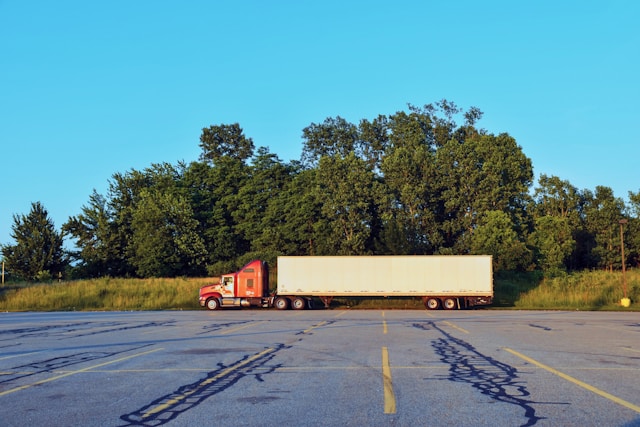Australia is a very big and varied country, so it can be hard to make sure that things that go bad during transport stay fresh. Businesses depend on refrigerated transport to keep their goods fresh and meet customer standards, from the sunny beaches of Queensland to the busy markets of Melbourne. Temperature-controlled logistics are an important part of keeping Australian businesses going, whether they’re moving dairy goods from Tasmania’s lush pastures or seafood from Sydney’s fish markets.
People are becoming pickier about quality and freshness, so businesses that deal with perishable goods need to know how chilled transport works. This guide will show you the pros and cons, the rules you need to follow, how to pick the right service provider, and useful tips for making orders go smoothly. Let’s look at why refrigerated shipping is such an important part of Australia’s supply chain!
Why businesses should use chilled transport
The refrigerated transport Australia has many benefits that can make business processes much better. One of the best perks is that it makes perishable goods last longer. With temperature-controlled trucks, goods stay fresh longer, which cuts down on waste and boosts profits.
Keeping the standard of your products high also helps customers trust you. Consistency is important in fields like food and medicine. When people buy things and get them in perfect shape, they are happier.
Businesses can also reach more people with chilled transport. Businesses can send new goods over long distances without lowering the quality. This makes opportunities available in new places and businesses.
Another big benefit is that it follows health rules. When working with food that goes bad quickly, many industries have strict safety rules that must be followed. Businesses can easily meet these standards if they use reliable refrigerated transport.
Logistics management that works well makes operations more efficient by simplifying steps from production to delivery and keeping costs low.

Australian rules and regulations for transporting food in a cool environment
To protect food safety and product integrity, Australia has strict rules about how to move food that needs to be kept cool. Through Food Standards Australia New Zealand (FSANZ), the Australian Government sets rules for keeping food at the right temperature while it’s being shipped.
Depending on the things being moved, transport operators must keep certain temperature ranges. For instance, things that go bad quickly, like meat and dairy, need a steady temperature of 0–4°C to stay fresh.
Businesses also have to follow the rules for the chain of custody. This lets you track it from the seller to the customer. For compliance checks, it’s very important to have accurate records, like delivery logs and temperature records.
Drivers are also taught how to safely move loads that need to be kept cool. Knowing how to use equipment helps lower the risks that come with breakdowns or bad storage circumstances.
If you don’t follow these rules, you could get fined a lot and lose the trust of customers. Any business that deals with refrigerated shipping needs to know about any changes to the law.

How to Pick the Best Company for Transporting Refrigerated Items
Choosing the right company to move your cold goods can have a big effect on your business. First, look into possible service companies in your area. Look for businesses that have a good name and lots of good reviews from customers.
Check their fleet to make sure they keep up-to-date, well-equipped cars. This is very important for keeping things at the right temperature while they’re being shipped.
It’s also important to know how their supply network works. A good transport company should have lines that work with your needs and make sure that deliveries happen on time.
Don’t forget to ask if they follow the rules and safety standards in your area. These things will be important to a reliable company because they protect you and your goods.
Find out what kinds of insurance are offered for your shipment. When you have enough coverage, you can relax knowing that any unplanned problems won’t cause big problems or delays in service.
















